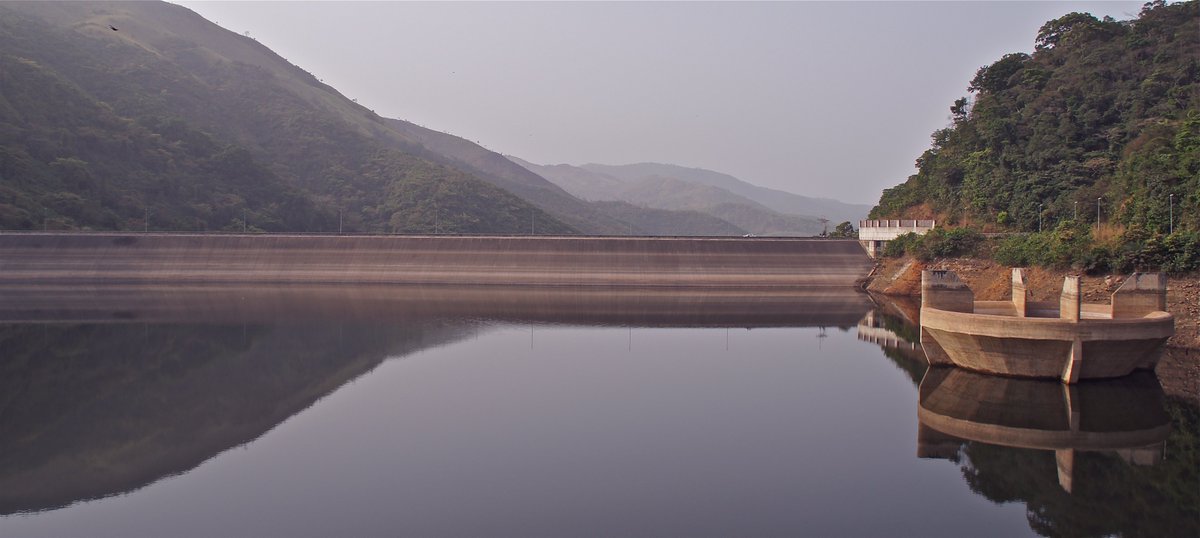Read more
During the COP26 Climate Summit in Glasgow this week, the United States, Britain, France, Germany and the European Union have committed $8.5bn (£6.2bn) to help end South Africa’s reliance on coal. South Africa has become an undisputed renewable energy leader in Africa, but continues to heavily depend on burning coal to generate electricity. Coal still represents about 90% of the country’s energy mix, the highest share amongst G20 nations. Dubbed the “Just Energy Transition Partnership”, the initiative is expected to prevent up to 1.5 gigatonnes of emissions over the next 20 years. In a joint statement, the parties declared that the partnership would initially mobilise several financing mechanisms over a five-year period. These would include grants, concessional loans and investments and risk sharing instruments, including private sector funding. France has notably set its contribution at $1 bn. On its side, Germany mentioned a support for green hydrogen with a contribution of $700m from its development aid funds.
Janus Continental Group’s subsidiary Great Lakes Africa Energy (GL Africa Energy) has signed yesterday a Concession Agreement with Mozambique’s Energy Minister to finance, build and operate a 250 MW LNG-to-power plant in the country’s Nampula province. “The deal signals the start of a three-part phased investment. Initial phase will create 50MW capacity within 16 months. The second and third phases will add 200MW in total and will be completed within 24 months,” GL Africa Energy said in a statement shared with Hawilti. This will be GL Africa Energy’s biggest investment to date, developed under a 30-year public-private partnership with state-utility Electricidade de Moçambique (EDM) as the off-taker. Electricity generated will then supply the entire Nacala corridor in Northern Mozambique. The $400m project has been in preparations for a while and was already subject to the signing of a Memorandum of Understanding (Mou) between both parties in May 2018. This had notably followed the result of Mozambique’s Rovuma Basin domestic gas tender, the results of which were announced in January 2017. The facility will be supplied from gas coming from Mozambique’s Rovuma Basin, where Eni’s 3.4 million tonnes per annum (mtpa) Coral South FLNG is expecting to achieve first gas next year. This is also where TotalEnergies is developing a 12.88 mtpa onshore LNG export terminal, where it expects to resume works in 2022 following the declaration of Force Majeure earlier this year. While the Coral South FLNG does not have a domestic gas allocation, Mozambique LNG has 100 MMscfd allocated to the domestic market. A Growing Gas-to-Power Market Gas-to-power in Mozambique is a relatively new industry but growing rapidly. The country’s first facilities emerged from the monetizing of royalty gas from the Mozambique-Secunda Gas Pipeline that has been exporting onshore gas to South Africa since 2004. In 2015, three facilities were commissioned including the 175 MW Central Térmica de Ressano Garcia, or CTRG, currently owned by Azura Power and EDM, Gigawatt’s 100 MW Ressano García facility and Kuvaninga’s 40.29 MW gas-to-power plant. EDM’s 110 MW Maputo facility followed in 2018. More recently, Globeleq has embarked on the development of the 420 MW Central Térmica de Temane (CTT) to monetise additional gas from Temane and Pande onshore Mozambique. The project is expected to be commissioned by 2025 and has already secured funding and approvals. Meanwhile, a consortium of TotalEnergies, the Gigajoule Group and Matola Gas has embarked on a very ambitious and integrated gas-to-power project in Maputo. It notably includes the deployment of a floating, storage and regasification unit (FSRU) in the city’s harbour to import gas and support the development of the new 2,000 MW Central Térmica de Beluluane (CTB). FID is expected in 2022, with Phase 1 targeting 500 MW. Details on Mozambique’s gas-to-power projects are available in the “Projects” section within your Hawilti+ research terminal.

